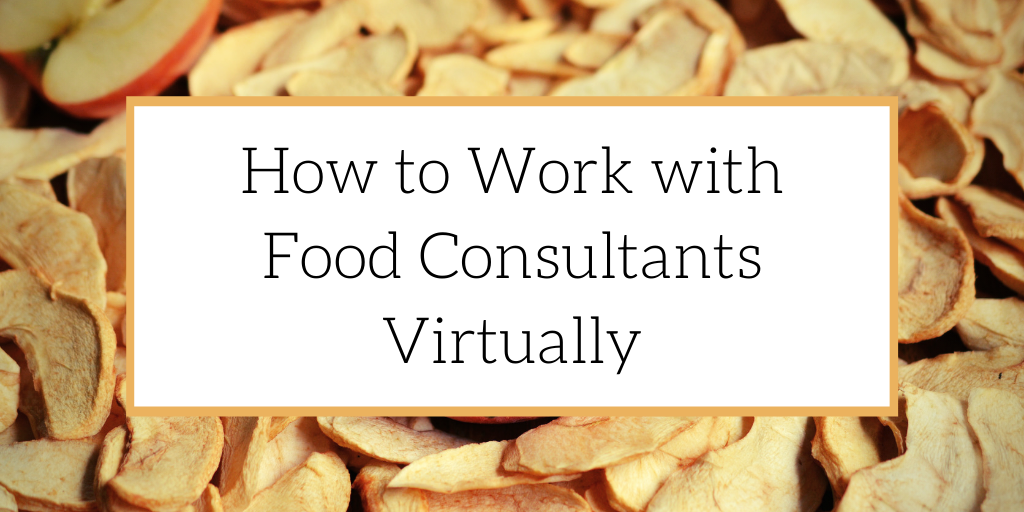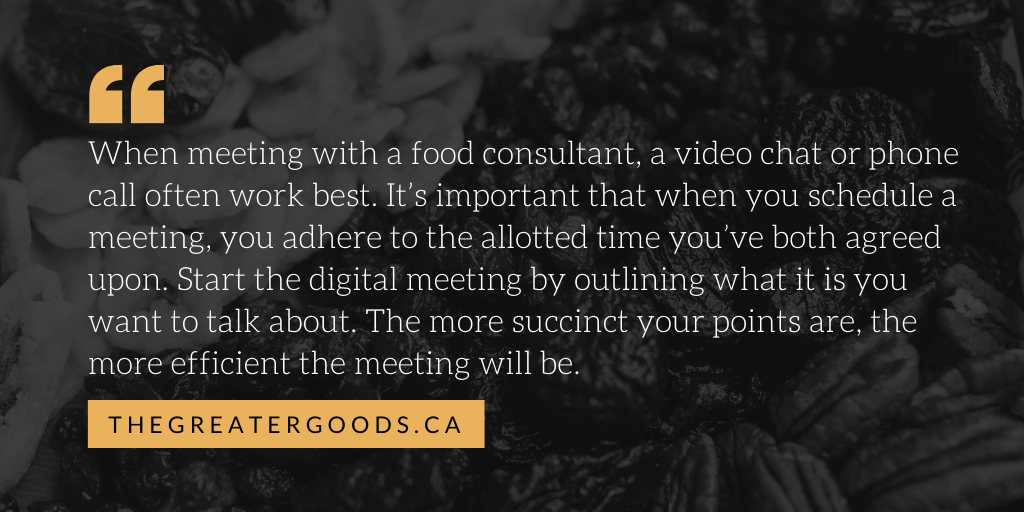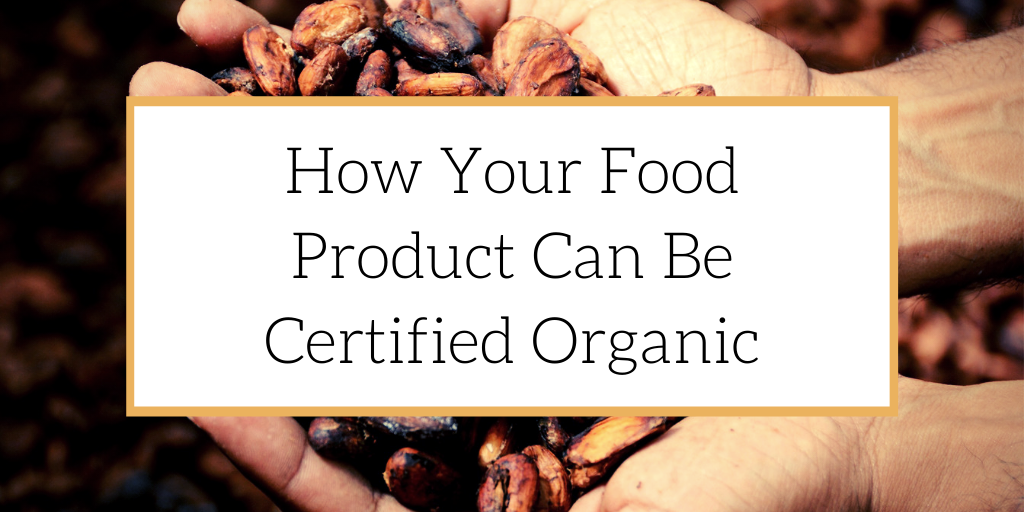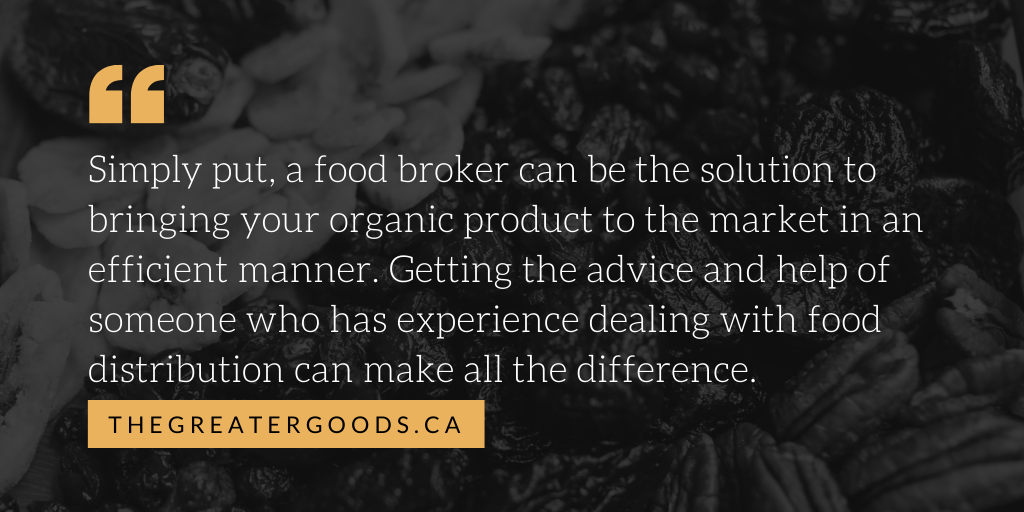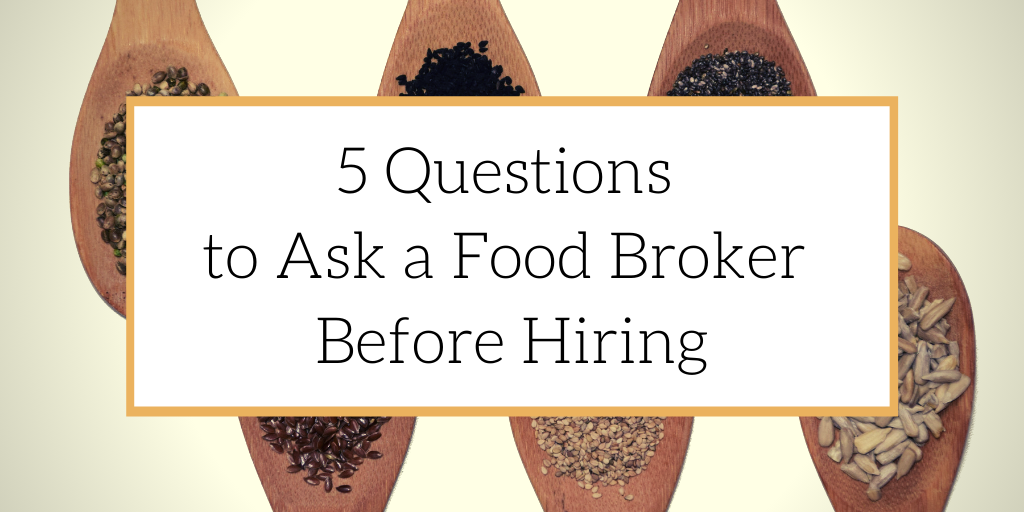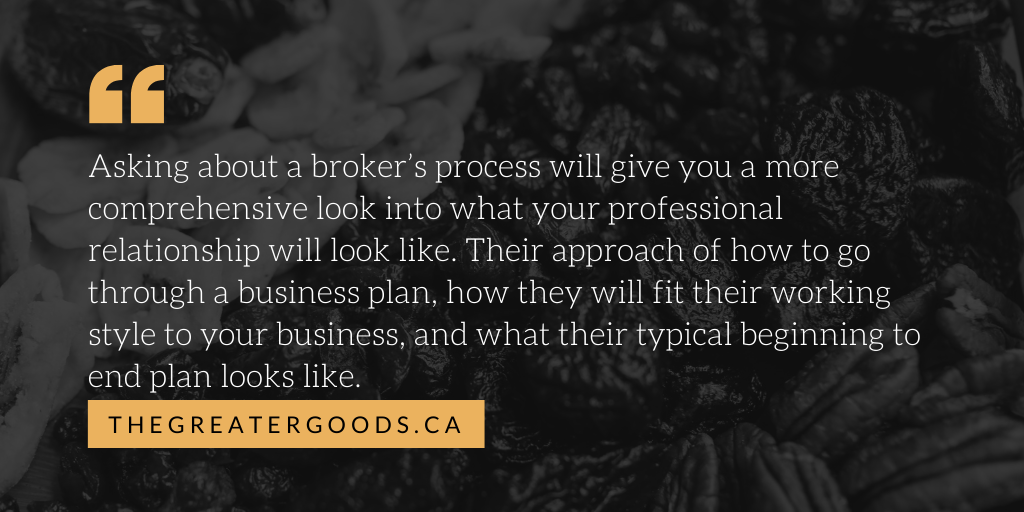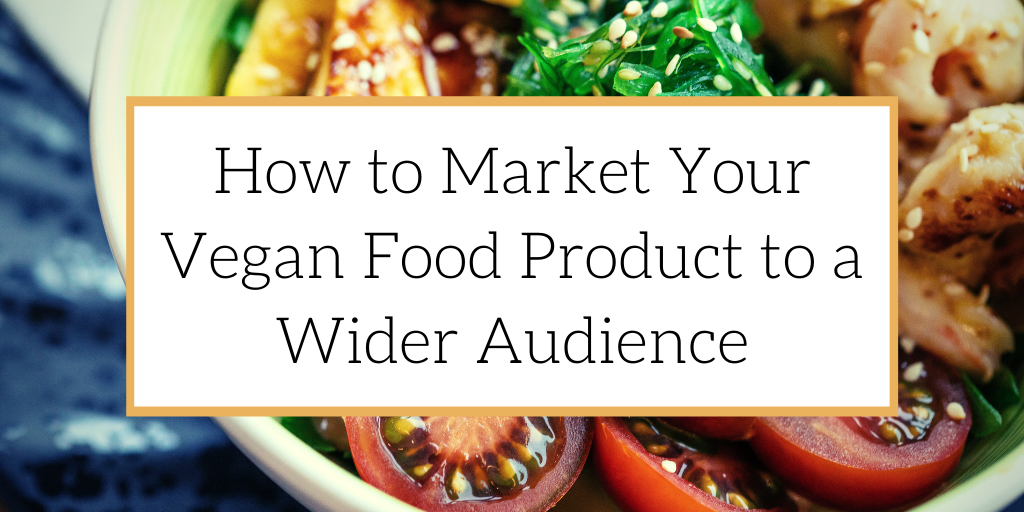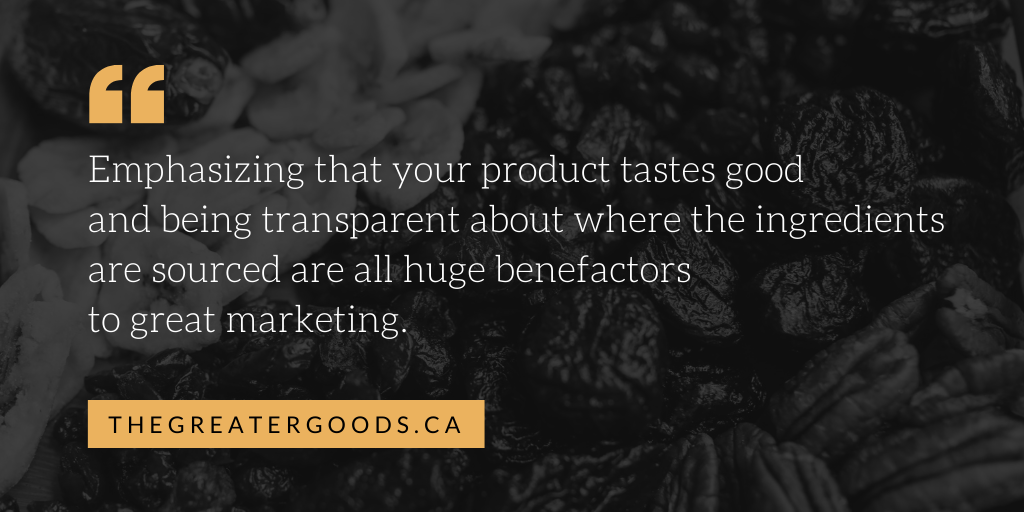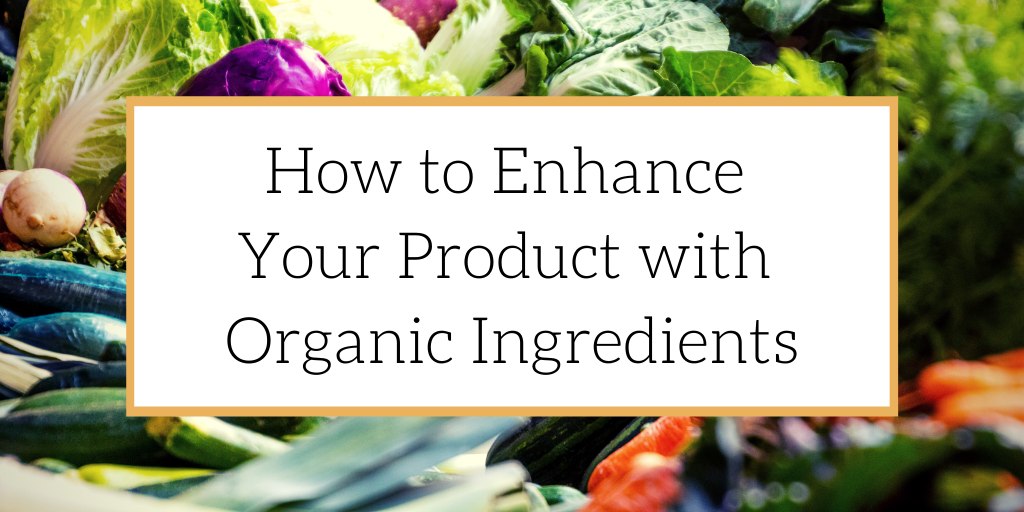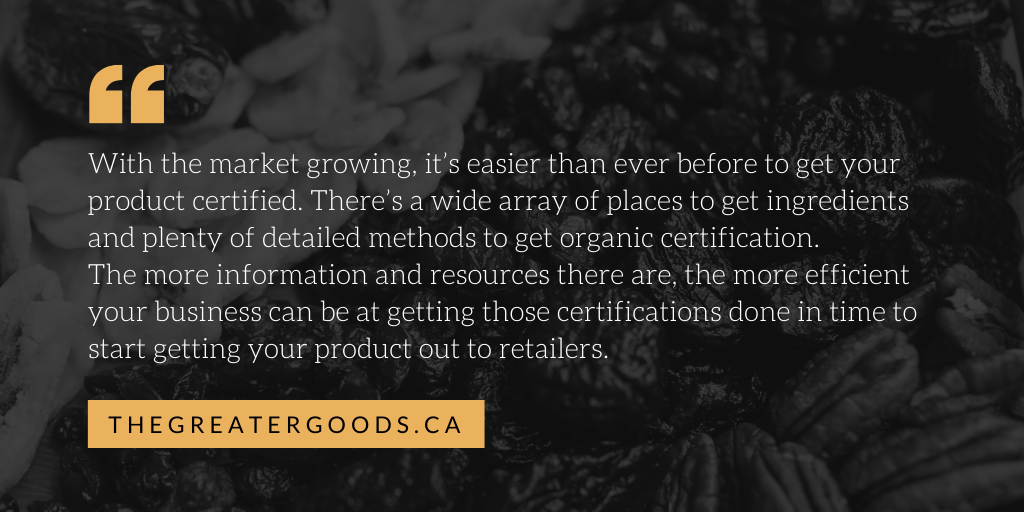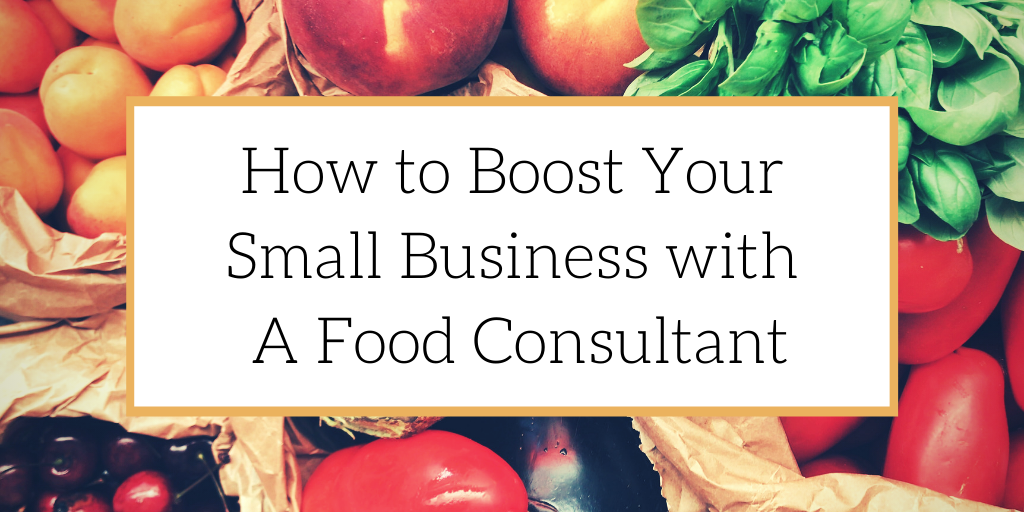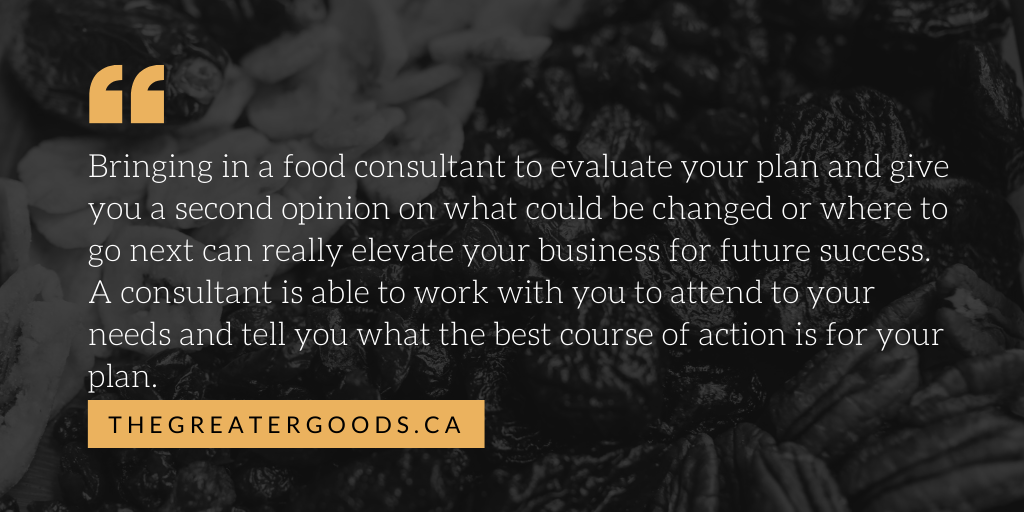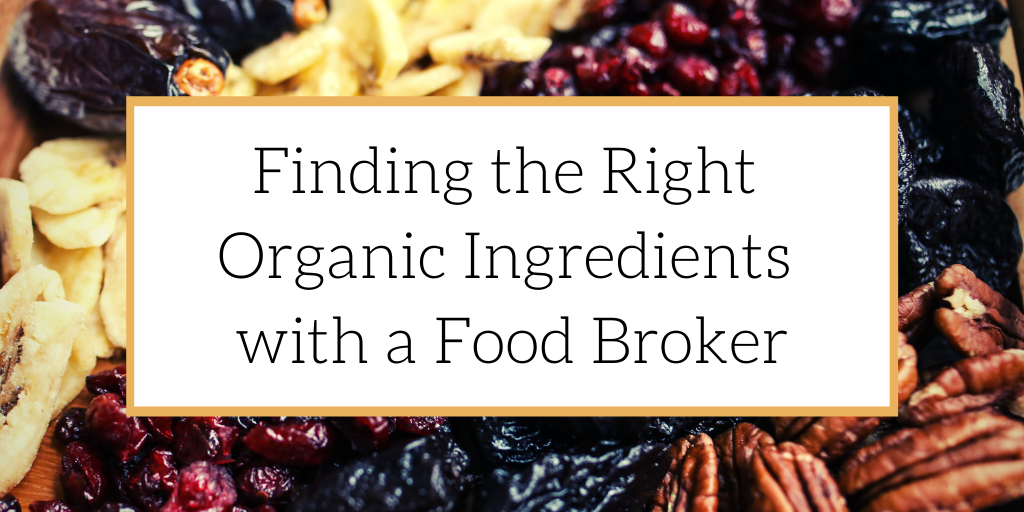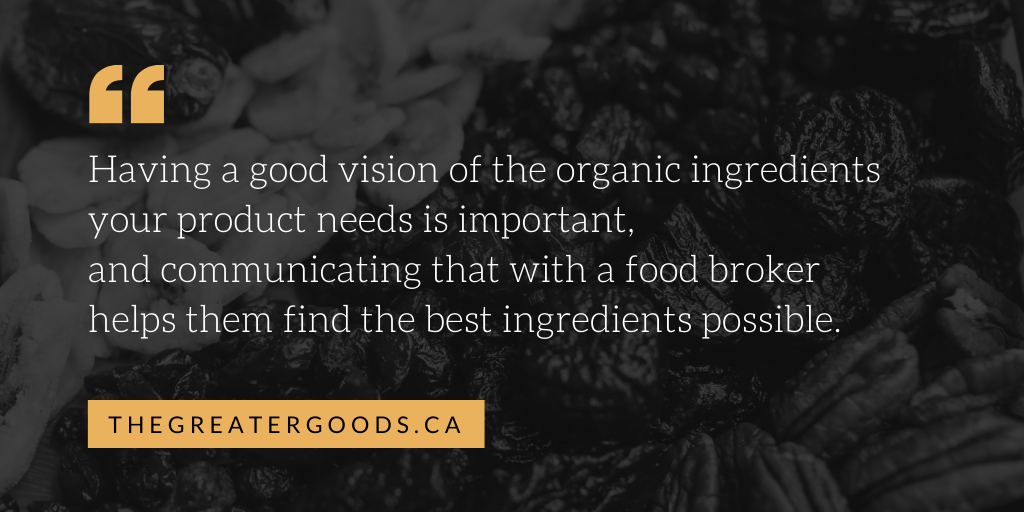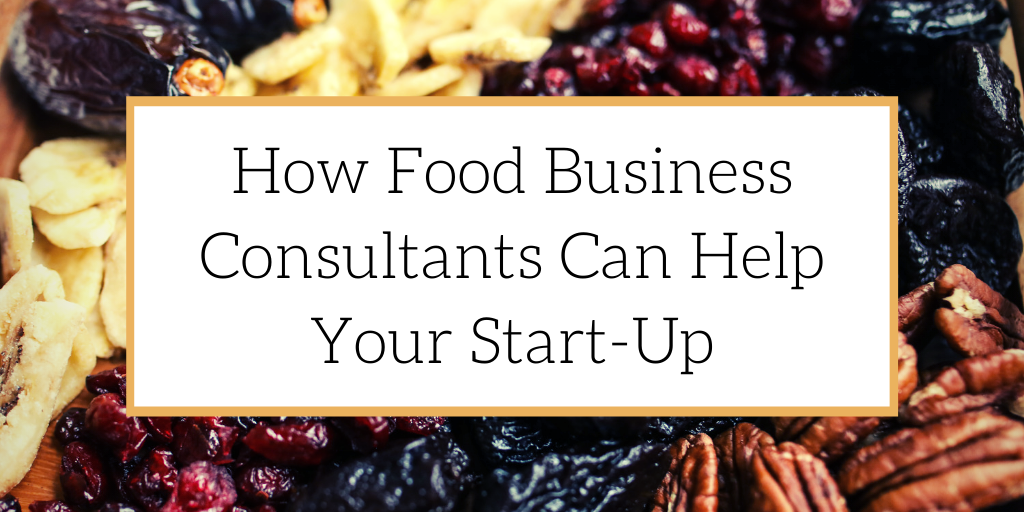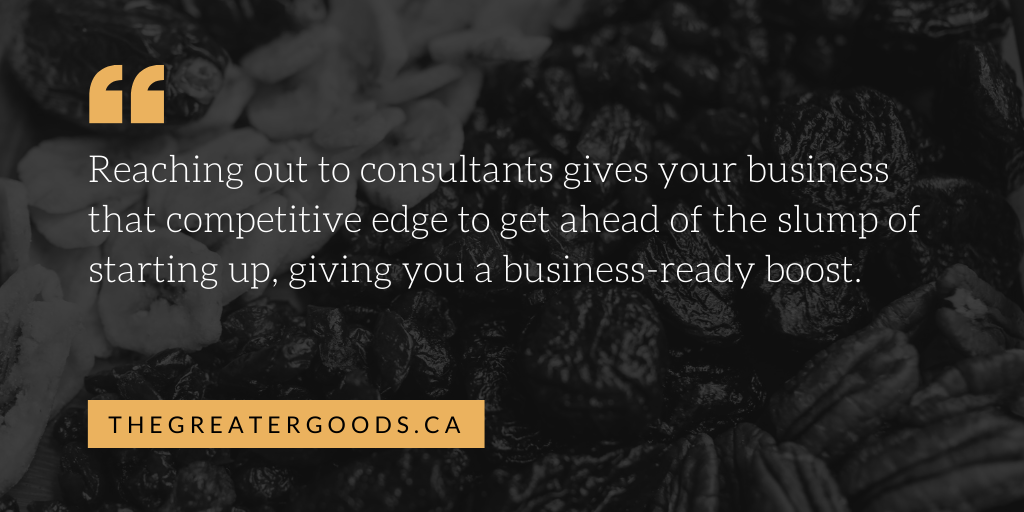Launching a new food product typically costs at least $12,000 and is fraught with challenges. Overlooking a single aspect of this process can prevent a product from moving off the shelves. The packaging is a major part of selling a product, especially the first time a customer buys it. The following steps will show you how to avoid many of the common mistakes in packaging and marketing a product.
1. Choose a Food Industry Consultant
Compile a synopsis of your product design before you start working with a food industry consultant, including colors, general appearance, and the emotions you want to invoke. You also need to specify the parts of the design you want the consultant to handle, especially if you’re on a tight budget. However, you should let the consultant select the path to follow since you’re paying for their expertise. Ask for the portfolio and previous work of your food industry consultant to ensure they have experience in handling businesses similar to yours. For example, you should look at larger firms if you’re planning a multimedia campaign that includes print, TV, and web ads.
2. Build Your Brand
A product brand is an umbrella that houses all the variations of your product. It should reflect your concept and philosophy while still being simple enough to remember easily. Furthermore, your brand should show the sense of pride you have in your products. Effective brands also use a color scheme that remains with consumers even if they forget the name.
3. Select a Printer
Printers have specializations, so it’s important to ensure they’re familiar with your packaging requirements. Your food industry consultant should be able to provide the printer with the specifications they need, including file formats. The rule of thumb in packaging is that you should never obtain more than six months’ worth of packaging at a time, primarily due to the frequent changes in labeling regulation. In addition, pressure-sensitive label adhesive only has a shelf life of one year, even under ideal conditions.
4. Launch your Product
Your sole focus should be on getting your product to the public, once you decide to launch it. If you do this at a trade show with prospective buyers, book appointments in advance to ensure you can give each one your full attention. You should start with small to medium chains, especially those specializing in your niche. Specialty chains have a greater incentive to build the brand loyalty you’ll need to succeed in a larger chain. However, these businesses will often ask for exclusive rights to sell your product, an option you should consider with caution.
Summary
The Greater Goods is a food industry consultancy that helps young companies thrive, especially those in the health and functional foods industry. We help develop brands, source ingredients, and locate manufacturers. We also have the experience to help you experience the explosive growth you want, no matter what your roadblocks are. Contact us today to learn more about how we can help you sell your latest product.

